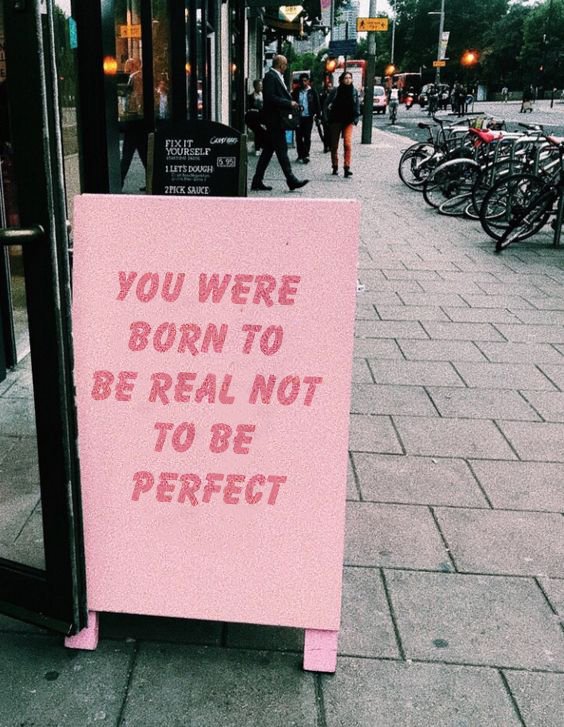THE WELLNESS WHISPERER
Either you or someone you love has been touched by mental illness, but for many it’s not spoken about in public due to outdated beliefs that “it’s a family matter.” While much progress has been made in the arena of talking about mental health, we still have a long road ahead of us. The good news? You’ve got nothing to be ashamed of—and you’re not alone
By Sydney Wasdin
Hello!
You may or may not know that May is Mental Health Month. So let’s talk stigma. The mental health stigma is rooted in archaic attitudes and beliefs about mental health conditions, people who experience them, the mental health field, and really, the belief that it’s “disordered” to struggle, to be affected, or to be anything else but happy all the time. Today we’re still fighting against this strange perception that everything should be sunshine and rainbows all the time and that it’s disordered to experience anything else besides happiness; that anger, sadness, and anxiety are inherently bad and if you experience them, there’s something wrong with you. And the mental health stigma which is that if you struggle with a mental health condition, if you take medication, or if you go to therapy and do things to help yourself and manage it, there’s something wrong with you.
Well, news flash: you’re not broken; you’re human. Oh, and everyone, regardless of if they admit it or not, has problems. They, too are imperfect and they likely experience some of the very same things you do from time to time. They feel, as you do. We are all human and that’s the nature of the human condition and experience. Feeling is a normal and beautiful thing—whether that feeling be happiness, anger, anxiety, excitement, sadness, disgust, joy, grief, pleasure, pain, or any of the other flavors of humanity. All of those feelings are products of conscious and subconscious commands sent from your brain through your nervous system, which controls the rest of your body in its entirety. And what controls your brain? Oh, you.
In the short term, what might benefit you most is to “be kind to your mind,” even when that means going against your subconscious conditioning to do the opposite because “that’s how you were raised” and instead make some reasonable efforts to address and care for your mental and physical health. That means asking for help sometimes, going to therapy, being mindful of how you speak to and about yourself when no one is looking, taking whatever medication your body requires, moving your body, eating a balanced diet that supports any existing health conditions you have, spending time with whoever you love and doing some things that bring you some joy and stimulation. Make decisions that benefit you and your health—mental and physical. It all starts with taking one small step toward what you need most and you can do it, if you want to. It does take effort and consistency, but it’s worth it. You’ll be doing your part to reduce the mental health stigma by taking care of yourself and you’ll also be setting an example about this to others. When these changes inevitably draw the attention of your loved ones, tell them why you’re doing these things, the progress you’ve noticed, and encourage them to join you!
In the larger picture, some of that mental health stigma just might go away if we as a society stopped putting so much pressure on ourselves and everyone else to be perfect and to be happy all the time. It’s not realistic and it’s not sustainable. It’s not human. It’s fake. Let’s work on forming realistic and reasonable expectations for ourselves and for our kids and not freaking out when you or anyone else experiences anything else but happiness. It’s okay to feel. It’s okay to not be okay. It’s okay to be human and to embrace the full spectrum of experience. Let’s work together at accepting and embracing our humanity and our life’s journey, rather than villainizing it. That would be the kind thing to do.
Take care of you, Mama!
True Therapy + Yoga | 8851 Rand Avenue, Suite B, Daphne | 251.250.9440 | TrueYogaTherapy.com










